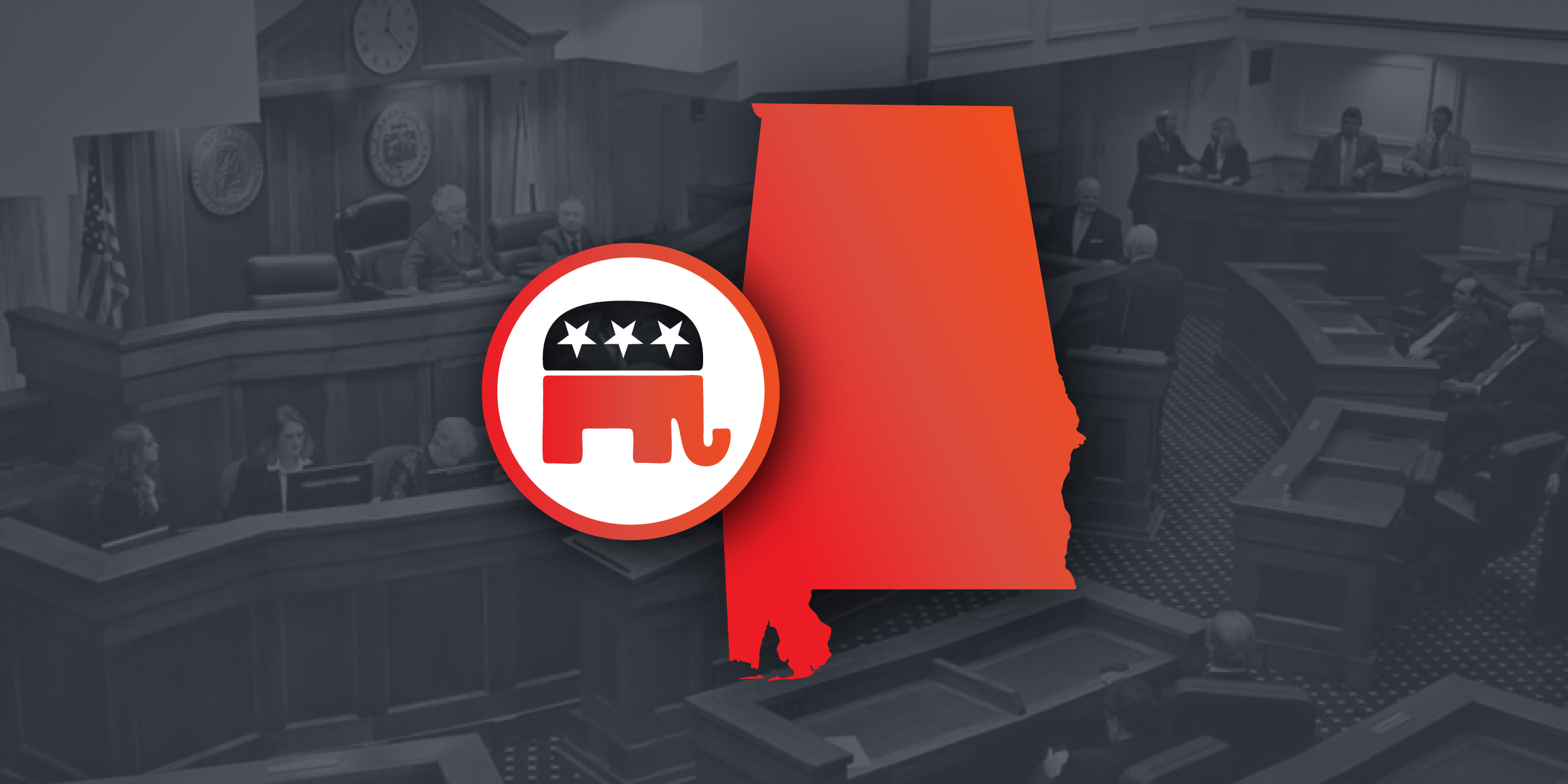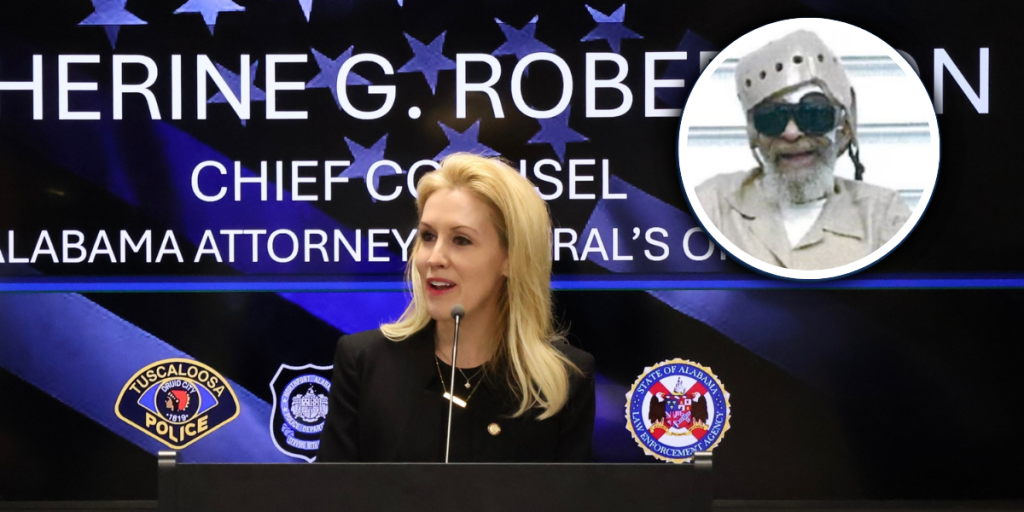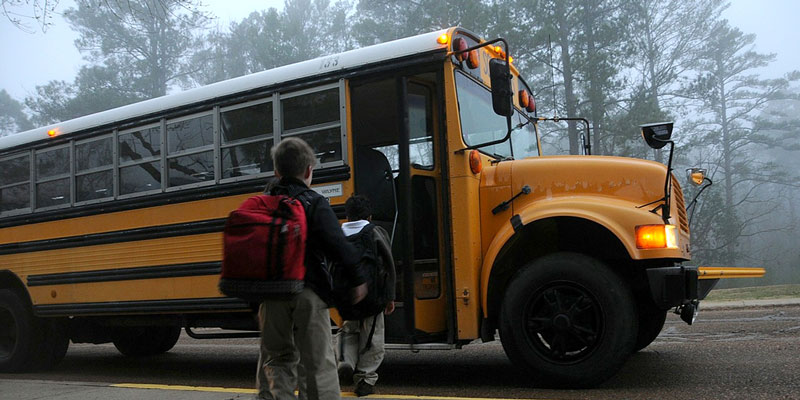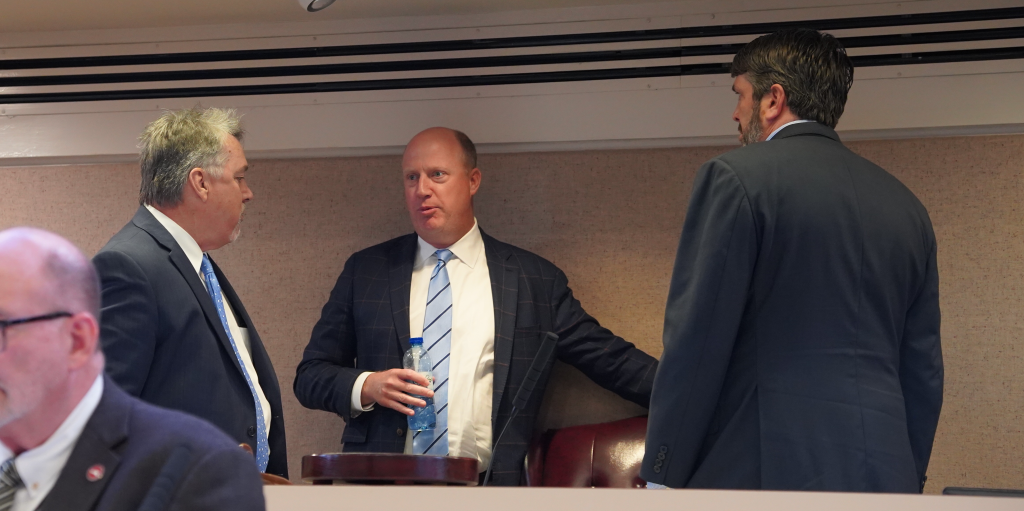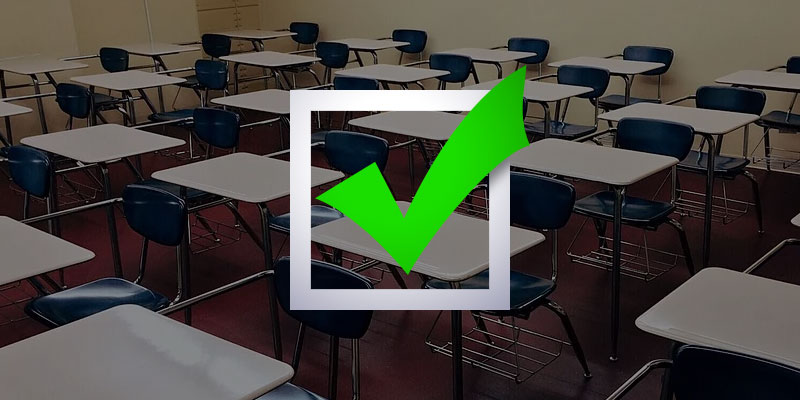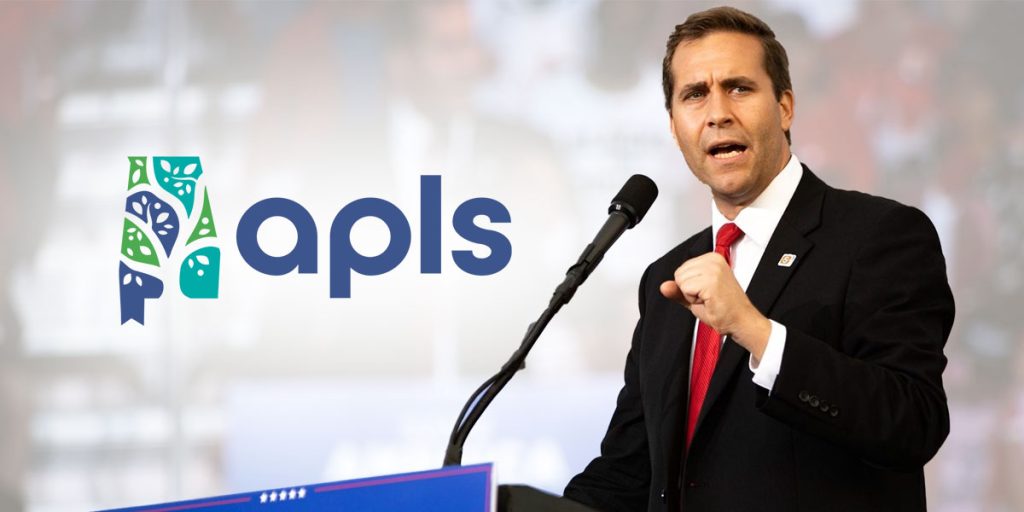After days of tension and procedural slowdowns, the Alabama Senate showed signs of smoother sailing Tuesday, advancing two high-profile bills with less resistance than expected.
Senators first took up SB322, sponsored by Sen. Pro Tem Garlan Gudger (R-Cullman), which amends state law to allow qualifying community development districts — such as one proposed near Smith Lake — to be annexed into nearby wet municipalities, even if they are not geographically contiguous.
The bill passed 27-1 despite a flurry of public confusion in recent weeks over its local impact. Notably, no cloture motion was filed, marking a departure from the recent trend of forced debate limits.
The legislation amends existing law to allow certain community development districts—meeting size, infrastructure, and amenity benchmarks—to be annexed into nearby wet municipalities even if they are not geographically contiguous. That provision could pave the way for expanded alcohol licensing and tourism investment in otherwise dry counties.
Gudger has defended the measure, arguing it brings long-overdue economic opportunity to the region while remaining consistent with legal standards for development. He’s pushed back on what he called “mass confusion” surrounding the bill’s purpose and said misinformation had spread rapidly online and in the press.
“This particular bill does two things, mainly,” Gudger said on the Senate floor. “It provides for a board of governors or board of directors for a resort that’s trying to locate on Smith Lake. And then number two, it allows for the district so that a wet city or municipality can annex this particular parcel that the owner, the developer owns and wants to come into the city.”
The bill also updates establishment requirements for community development districts, ranging from golf communities to multi-acre resort areas, including details on marina space, dining capacity, and entertainment offerings. Opponents argue these fine-tuned criteria appear designed to accommodate specific private developments at the expense of transparent, statewide policy.
RELATED: How Alabama school board and superintendent groups misled lawmakers on religious education bill
Later in the day, the Senate approved Senate Bill 278, sponsored by Sen. Shay Shelnutt (R-Trussville), in a 25-6 vote.
The measure, dubbed the Alabama Released Time Credit Act, builds on existing State Board of Education policy but removes local discretion by requiring every district to implement a version of the policy.
“The purpose of this bill is to require school districts to create a policy that allows students to attend religious class during the school day,” Shelnutt said on the Senate floor.
“This is completely optional for students, requires parental consent, no school funds can be used, and parents must give written permission. The faith-based groups that provide the program accept liability and provide transportation, and classes must be off-site.”
Currently, the State Board of Education allows for “released time” religious classes as an optional policy that local school boards can choose whether to adopt. SB278, sponsored by State Sen. Shay Shelnutt (R-Trussville), removes that discretion, requiring each school district to implement a policy by July 1, 2025.
Supporters argue the bill reinforces religious liberty and gives families more choices in public education without burdening school resources. The bill prohibits the use of public funds—except for minor administrative costs—and requires the religious instruction to be conducted off school property and independently coordinated by the student’s family and a sponsoring religious entity.
But critics say the policy blurs the line between church and state and undermines local control of school curricula. Education groups have raised concerns about unequal access and whether rural or under-resourced districts can reasonably accommodate such programming without disruption.
Though both bills drew debate, the Senate’s smoother floor action marked a noticeable break from the gridlock that had previously stalled progress.
The measures now head to the House for consideration.
Today is day 24 of the legislative session. There are six legislative days remaining.
Editor’s Note: Revised to clarify that the bill allows qualifying community development districts to be annexed into nearby wet municipalities, even if noncontiguous, rather than granting the Cullman County Commission that authority.
Grace Heim is a state and political reporter for Yellowhammer News. You can follow her on X @graceeheim or email her at [email protected].




